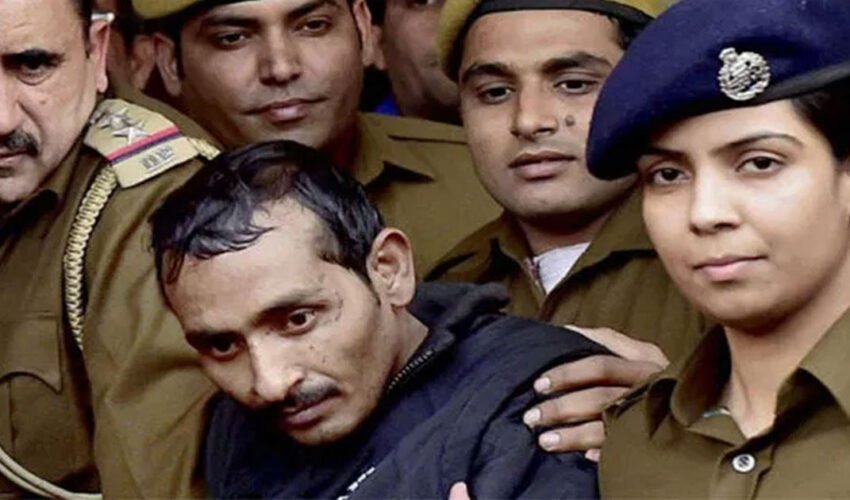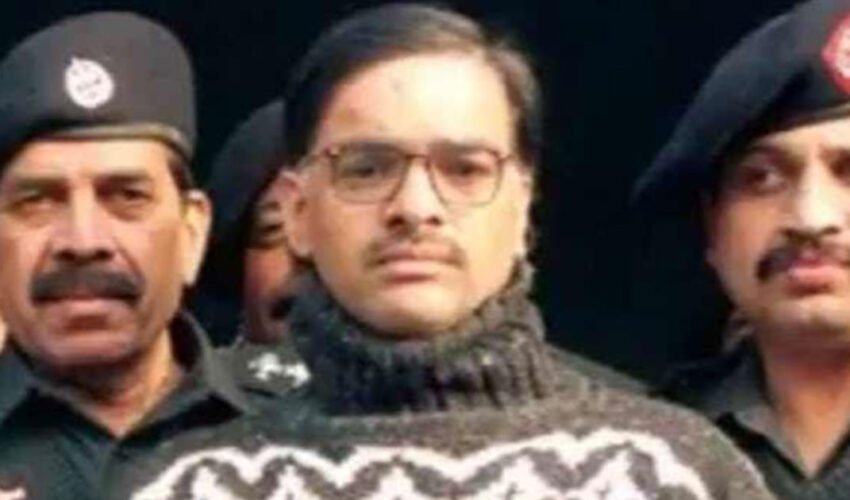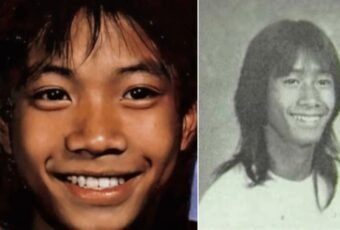The date – 13th August 2004. The place – a courtroom in Nagpur, India. The time – afternoon, as the court was in session. A mob of around 200 angry women dragged a man into the courtroom where they proceeded to stone, stab and beat him to death in full public view. By the time his mutilated body lay still in a pool of blood, it had 73 wounds from head to toe.
This was no ordinary lynching. The man murdered was Akku Yadav, a notorious gangster and sexual predator. The women who killed him were his victims and their relatives. Their act was one born of desperation after years of unchecked crimes and the complete failure of the law and order system to rein in the monster.
The chilling incident and its aftermath exposed the underbelly of a broken criminal justice system and a civilization on the brink, where killing another human being began to feel like the only path to justice.
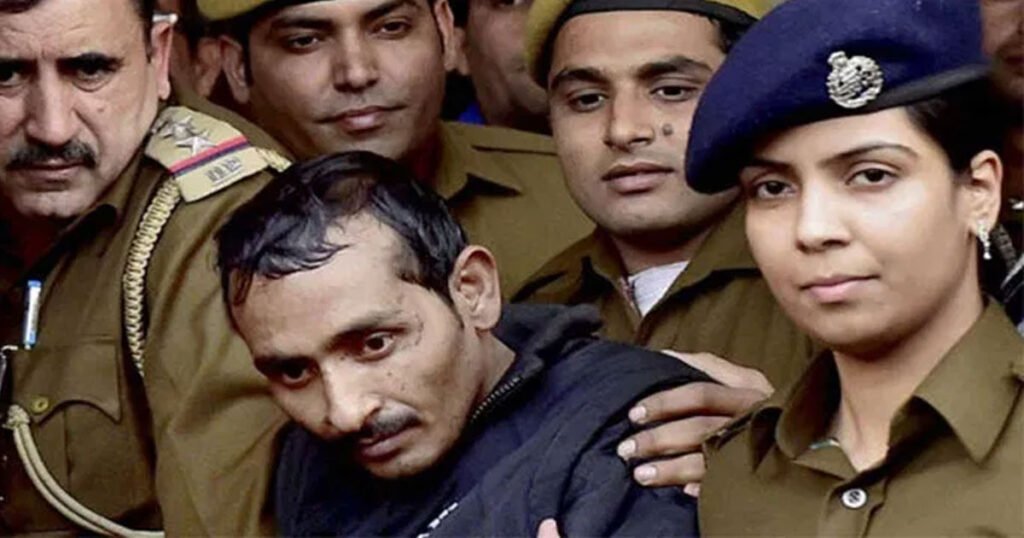
The Making of a Monster – Who was Akku Yadav?
To understand what could have driven so many women to murderous rage, one must hold up Akku Yadav’s life to the light.
Akku grew up in poverty in Kasturba Nagar. His father was a low-caste milkman. From these humble roots, Akku chose the path of intimidation and criminality to become a powerful slumlord. With a gang of goons, he consolidated his iron-fisted rule over the sprawling slum that was home to thousands of families.
Through threats, thefts, extortion and violence, Akku accumulated immense wealth and political clout in Kasturba Nagar. The slum dwellers cowered under his shadow. He resolved all disputes by force. If anyone dared oppose him, he unleashed savage retribution.
Over the years, Akku’s gang swelled both in numbers and the enormity of their crimes. Robberies, kidnappings, acid attacks, murders – he indulged in them all to tighten his vice-like grip over the locality. People spoke about Akku and his legendary cruelty in hushed tones, terrified of getting on the wrong side of the man who acted like judge, jury and executioner.
Reign of Terror Against Women
Among Akku’s most defenceless victims were the women of Kasturba Nagar. Akku preyed on them with impunity, knowing they had little recourse against his power.
He had raped and molested countless women and girls in the Basti over the last decade. If a woman refused his advances, he would first steal her jewellery and valuables. If she still didn’t acquiesce, Akku would brutally assault her and destroy her home and property.
Many young women had committed suicide after being violated by Akku, as a women’s rights activist explained: “There is no evidence to prove Akku Yadav was behind the suicides, but every resident of Kasturba Nagar will tell you he ruined their lives and made living hell.”
Despite Akku’s notoriety as a sexual predator, few victims dared to approach the police. They faced immense stigma, combined with Akku’s mafia-like ability to retaliate against any complaints with greater violence.
With no help forthcoming from the law and order system, generation after generation of women learned to suffer in silence rather than speak up against the monster.
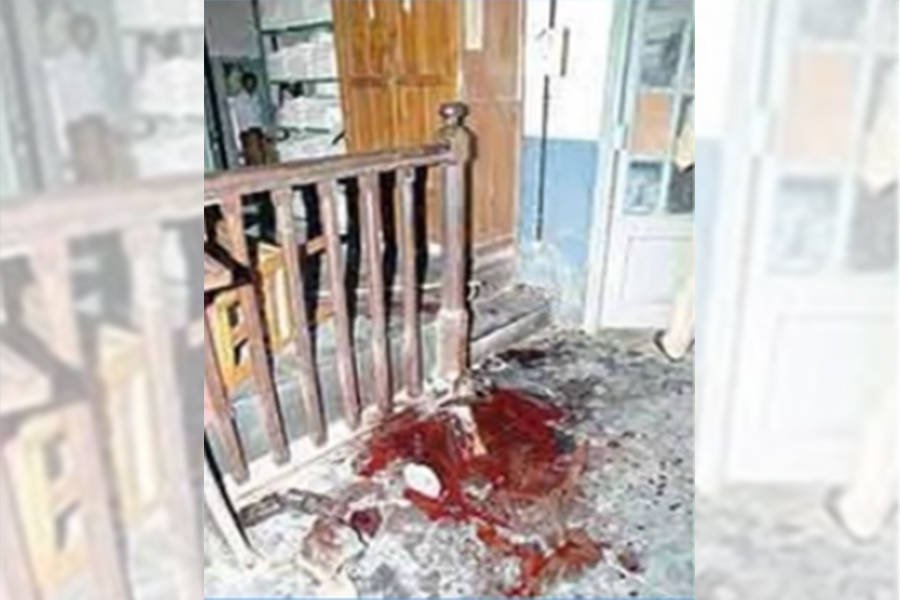
Police Apathy Amid Unchecked Crimes
The few who gathered the courage to complain discovered how deep the rot ran. Akku seemed to have the local police and politicians in his pocket.
When theft or violence occurred in the Basti, people seldom went to the police, knowing Akku had eyes and ears in the force that would immediately tip him off. Those who worked up the courage to try soon lost all remaining hope in the system.
Usha Narayane, an activist who lived in the basti, shared the chilling story of a young woman who was raped at home by Akku as her children watched. When she complained at the local police station, the officers accused her of having an affair with him and turned her away.
After such treatment by the law enforcers themselves, is it any surprise women stopped coming forward? The police seemed to slumber on as women suffered endless violence and intimidation by Akku and his gang.
Despite dozens of complaints piling up over the years – of rapes, molestations, thefts, extortion and even murders by Akku’s gang – the police did little to rein him in. With wealth and political connections on his side, Akku operated with impunity.
The Judiciary Also Fails the Victims
Even on the rare occasions when public pressure forced the police to arrest Akku, he managed to secure bail and roam free within days.
The police blamed the courts for granting bail easily. But activists accused the police of deliberately botching investigations and not opposing bail strongly enough. With wealth and influence, Akku managed to evade any consequences in the corrupt halls of justice.
Despite Akku’s notoriety as a dangerous criminal, the wheels of justice barely turned against him. How could victims believe they would ever get justice from a sluggish and apathetic system that had failed them at every turn for so long?
Both the police and judiciary seemed complicit or at least indifferent to Akku’s reign of terror. This eroded every vestige of public faith in the system meant to protect people’s life and liberty.
When lawful avenues for remedy fail the people, darkness takes over as justice recedes into the distance.
The onslaught on the Community
In January 2004, the police finally externed Akku Yadav from Nagpur city due to public pressure. This prohibited him from entering the city limits.
But Akku returned a few months later, his fury multiplied. Kasturba Nagar saw an unprecedented surge in thefts, threats, intimidation, violence and demands for extortion.
The crime-infested slum had always been bad, but this onslaught against the community sank hopes to new lows. The people felt helpless, cornered, and doomed. The law enforcers continued to sleep as Akku’s gang ran amok. Where could the community turn when the system had failed them utterly?
They began losing faith not just in justice, but in civilization itself.
The Final Provocation
In July 2004, Akku verbally abused and threatened Vandana Bhande, sister of local lawyer and activist Vilas Bhande. Vandana’s brother had been attempting to stand up to Akku’s atrocities. This outraged Vilas.
The next day, Akku landed outside activist Usha Narayane’s home. He threatened to break open the door and rape her. This proved the final straw that unleashed simmering anger against the monster.
Usha and Vilas Bhande began mobilizing the basti residents, especially women, to unite against Akku’s crimes. Sustained protests demanding action finally forced the police to arrest Akku on 7th August 2004.
But the people had seen Akku escape punishment thanks to systemic corruption so many times that they felt no reassurance he would get justice.
When Akku was produced in court two days after his arrest, around 100 residents including many women gathered there, determined not to allow him to secure bail again. According to some accounts, Akku’s associates even tried to pass him a weapon inside the court that day.
The police managed to foil the attempt to attack Akku in court on 7th August. But it was a sign that people had been pushed to the very brink by Akku’s atrocities, fully prepared even to commit murder in broad daylight to get long-denied justice.
Having escaped consequences all his life due to systemic apathy, Akku did not realize the end was near. The women of Kasturba Nagar would mete out their own version of justice.
The Lynching – Breaking Point or Act of Despair?
On 13th August 2004, Akku Yadav was produced in court again for a hearing. As soon as he entered the court premises, the women pounced.
Blind with rage and vengeance after endless suffering, around 200 women attacked Akku right inside the court. They rained blows on him with stones, sticks, knives and anything they could lay hands on. Some reports also say chilli powder was thrown in his eyes as he struggled to escape their wrath.
The woman stabbed Akku over 70 times until he bled to death on the floor of the courthouse. His brutal lynching was a testament to how even ordinary, law-abiding people can snap in the face of grave and prolonged injustice.
For the women, it was speedy community retribution against a demon that the corroded criminal justice system had allowed to roam free for far too long.
With no faith left in the system to ever deliver justice, they took matters into their own hands. Their act presented an ominous picture of civilization at the precipice – where the rule of law crumbles to dust, and citizens feel the need to turn murderous to protect themselves and their families.
Case Handled as Routine Despite Shocking Nature
The lynching of Akku Yadav for the failure of justice institutions should have shaken up the establishment. It should have forced introspection and urgent reform in the police and criminal justice system.
Instead, it was handled in routine fashion, quickly fading from national memory and discourse.
The Nagpur police arrested five random women from the basti in the immediate aftermath. This led to massive protests – soon over 200 women went and surrendered at the police station, collectively claiming responsibility for the murder.
With so many women ready to go to jail and no evidence to pin the crime on any specific woman, all of them were released as the cops helplessly watched their grand plan for arrests fall apart.
Many saw the women’s actions as the inevitable outcome when lawful means are closed for long periods and justice is repeatedly denied. But there were no signs of real accountability or deep soul-searching within the institutions culpable for enabling Akku’s crimes by their apathy and corruption.
Debate on Mob Justice
The lynching led to much debate around vigilante violence and mob justice. Many argued that however grave and inhuman Akku Yadav’s crimes, the women should have let the system take its course instead of killing him.
They feared that justifying violence as vengeance even in an extreme case like this could open floodgates for more mob killings, lynching, kangaroo courts and other forms of societal breakdown.
But others felt that after nearly a decade of watching the system fail them completely, the women were cornered and desperate. When lawful avenues for remedy are closed for long periods, emotions can overcome rationality, humanism and even the most deep-seated taboo against murder.
The women felt they had no choice left but to take matters into their own hands to protect the lives and dignity of themselves and their daughters. They lost faith that the system would ever deliver justice given how it had slept through Akku’s reign of terror.
This moral dilemma has no easy answers in either direction. While condoning violence carries dangerous implications for rule of law, one must also ask – can the system expect citizens to rely forever on its empty promises when it has failed them repeatedly? When the social contract between state and citizen itself falters for the underprivileged, darkness takes over.
Perhaps the deeper question is – what does it say about a civilization where under its very nose, hundreds of women are driven to sanction murder because lawful justice is denied?
Lasting Impact on Public Faith
The events after Akku’s death offered little hope that lessons had been learned about reforming the system. The police disbanded the angry mob through empty threats of arrests that fell apart. No real accountability or change ensued.
One year later, despite grave charges, the accused women got easy bail while the institutions that enabled Akku escaped scrutiny. The lingering case was seen as unfair targeting of victims. Once again, people felt severely let down.
The cycle of crime, violence, injustice continued unchecked. The system failed both Akku and the women – first by allowing his reign of terror through callous inaction, then by not delivering speedy justice or reform after the gory crime.
The lynching had highlighted people’s despair with institutions supposed to protect them. But it failed to provoke any real response to address the systemic failures behind cycles of crime and injustice.
Faith in the system bled away a little more. The rule of law felt a little more precarious. How many more women would need to be driven to murderous rage before reform saved the system from itself?
True closure to this tragic saga can only come through reforming the systemic failures behind mob justice. Society must never again push citizens to the brink where they see murder as the only path to justice.
The system needs fixing before people’s simmering anger and despair at being denied justice explodes again on the streets rather than inside the hallowed premises of courts. Justice must not only be done, it must also be seen to be done – or else faith in the institutions of justice will keep bleeding away until all that remains is the law of the jungle.
Read more about Justice served by individuals instead of legal system –
